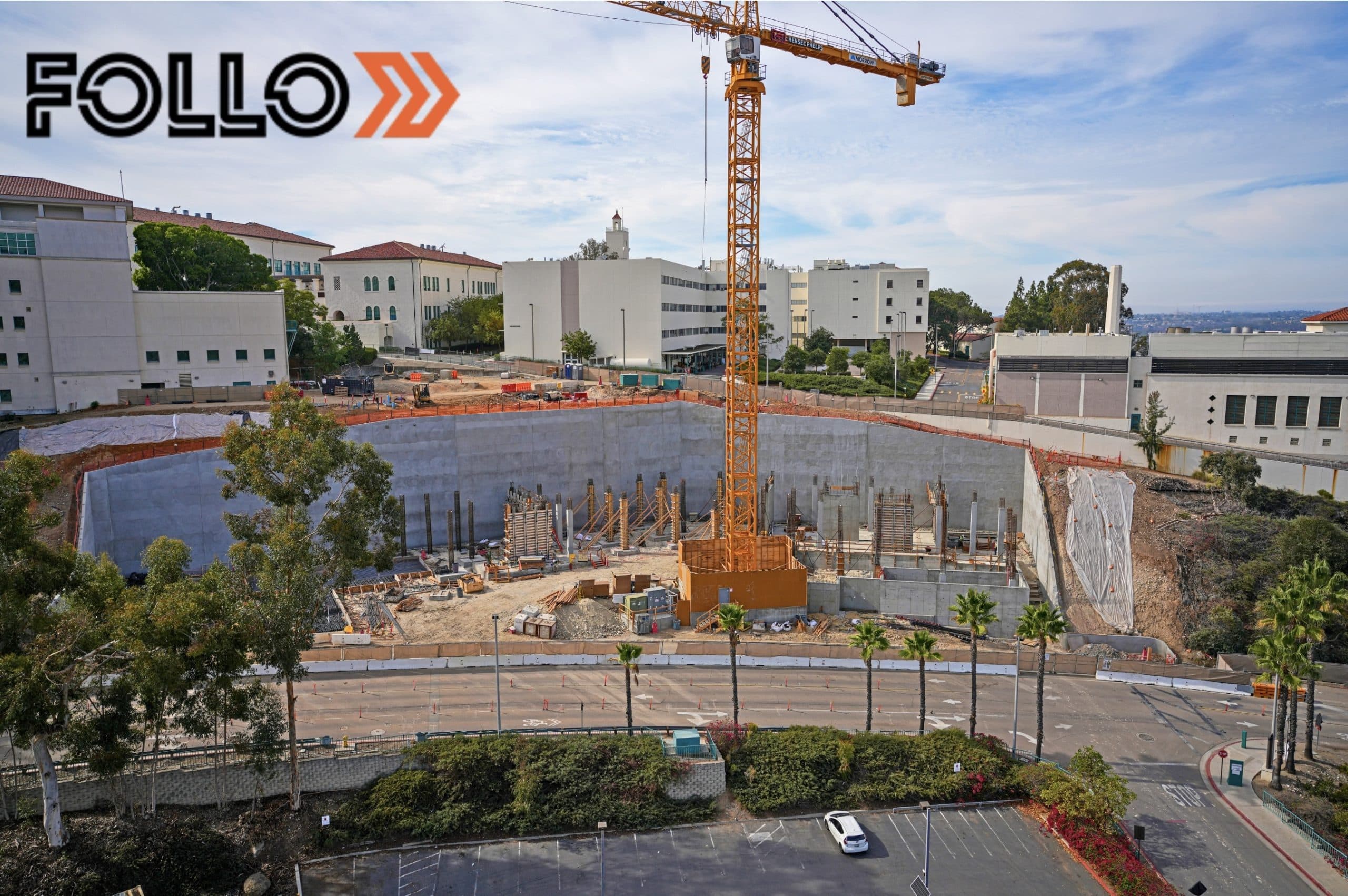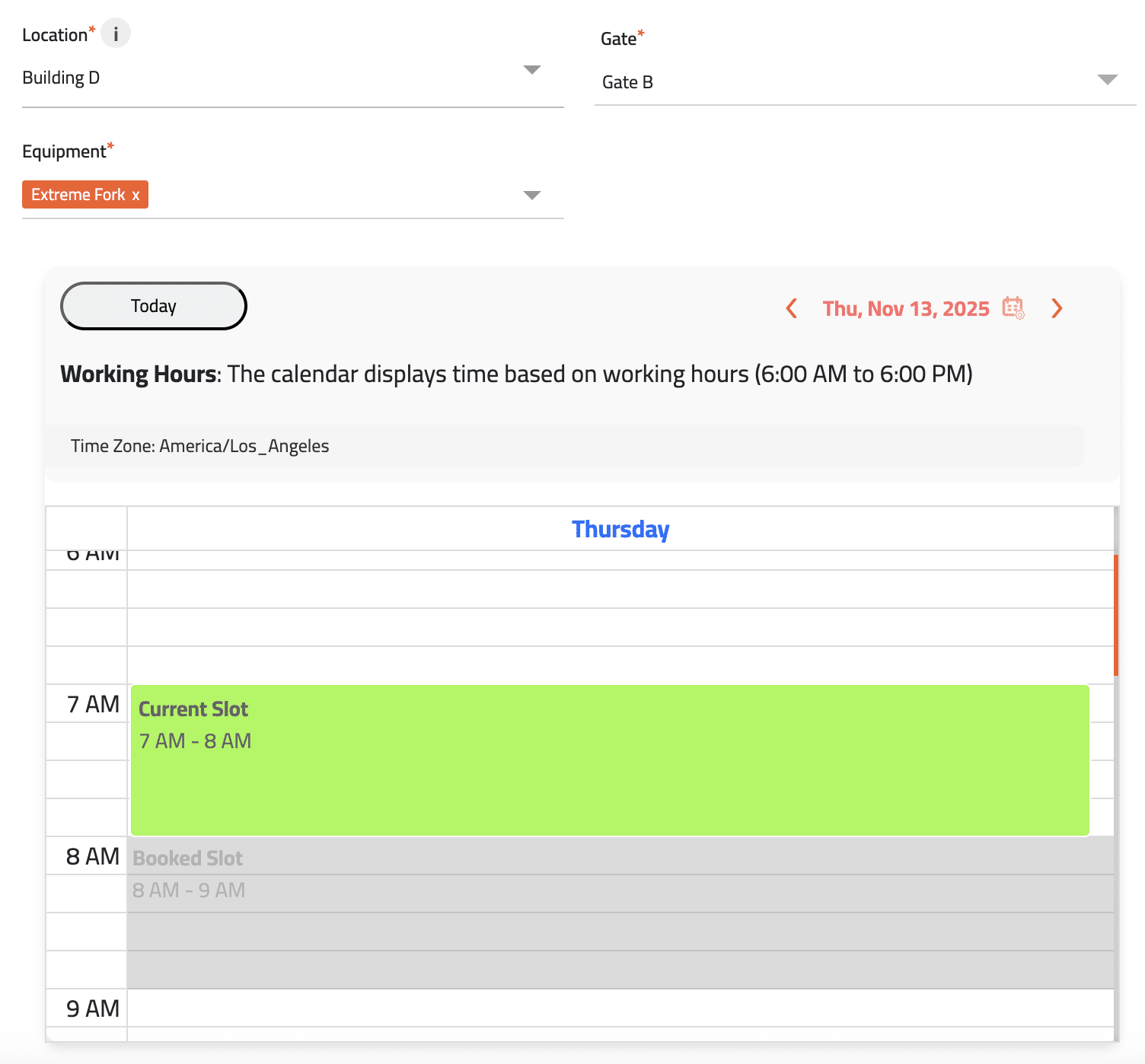Denver, Colorado’s climate is known for its variability and occasional extremes. Construction projects in the region must contend with factors such as rapid temperature shifts, sudden snowstorms, and high-altitude conditions. This article emphasizes the importance of incorporating weather-resilient delivery planning into construction projects, offering practical tips to mitigate weather-related delays and ensure continued project progress, regardless of adverse conditions.
Understanding Denver’s Unique Climate:
- Temperature Fluctuations: Denver experiences significant temperature swings, especially during transitional seasons. This can affect the handling and usability of construction materials. Plan deliveries to account for these variations.
- Sudden Snowstorms: Snowfall can occur unexpectedly, even in spring or fall. Anticipate snow-related delays and have contingency plans in place for unloading and storing materials during these events.
- High-Altitude Considerations: Denver’s high altitude can impact both workers and equipment. Ensure that workers are acclimatized, and equipment is well-maintained to perform optimally in these conditions.
Mitigating Weather-Related Delays:
- Early Weather Forecast Monitoring: Stay informed about upcoming weather conditions by monitoring reliable weather forecasts. This information can help in making proactive adjustments to delivery and work schedules.
- Weather-Resilient Packaging: Work with suppliers to ensure that materials are adequately packaged to withstand potential weather exposure during transit. This is particularly important for materials sensitive to moisture or temperature variations.
- Flexible Delivery Schedules: Maintain flexibility in delivery schedules to accommodate unexpected weather events. Establish clear communication channels with suppliers to adjust delivery times as needed.
- Proper Covering of Materials: Ensure that materials are adequately covered and protected from rain, snow, or moisture during transport and on-site storage. Utilize waterproof tarps or coverings as needed.
- Alternative Work Areas: Identify alternative work areas that may be less affected by adverse weather conditions. This allows construction activities to continue even when specific areas are temporarily impacted.
- Anticipate Seasonal Challenges: Be prepared for seasonal weather patterns, such as snowfall in winter. Have snow removal and de-icing equipment on hand to ensure safe access to the construction site.
Conclusion:
Incorporating weather-resilient delivery planning is essential for successful construction projects in Denver, Colorado. By understanding the unique climate considerations and implementing practical strategies, construction teams can mitigate weather-related delays and ensure continued project progress, even in adverse conditions. With flexibility, proactive communication, and strategic planning, projects can thrive regardless of the weather challenges they may face.
For more information on efficient delivery planning, visit Follo’s Delivery Calendar.

